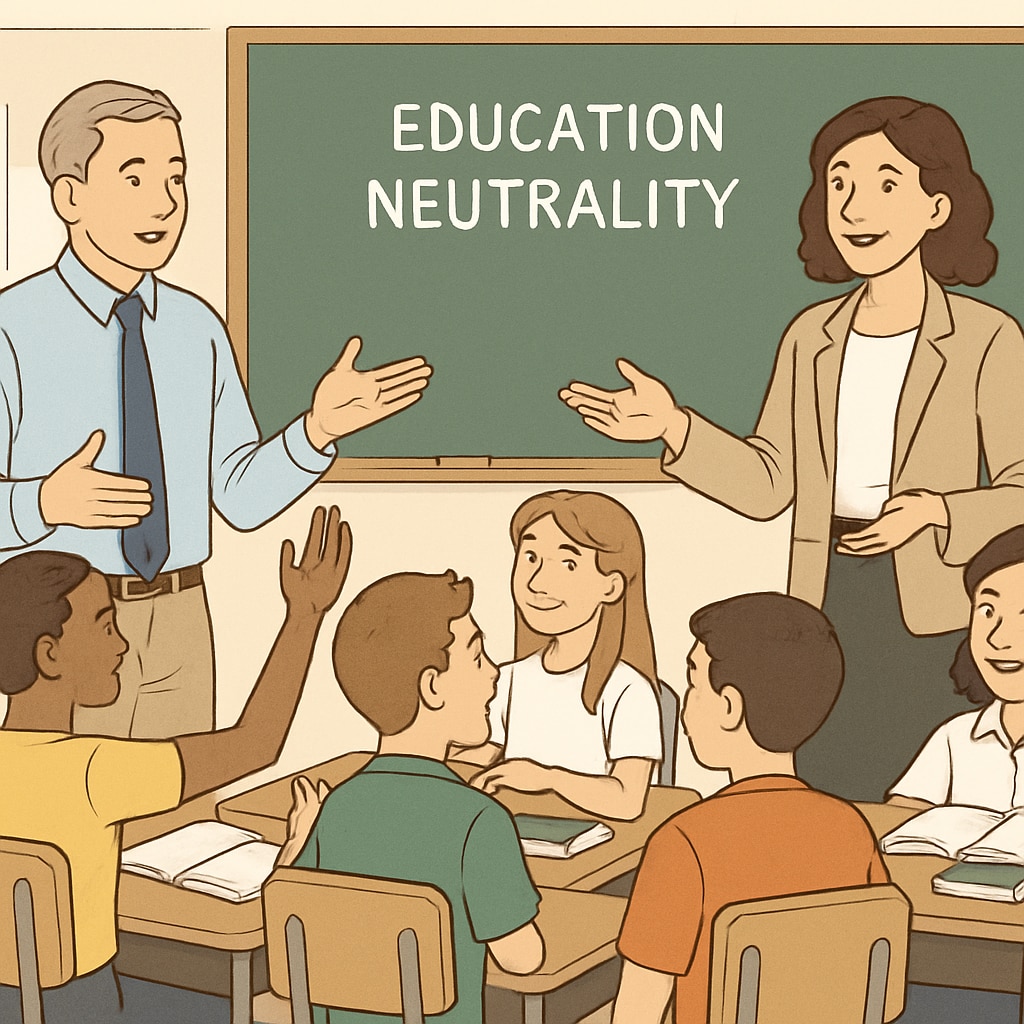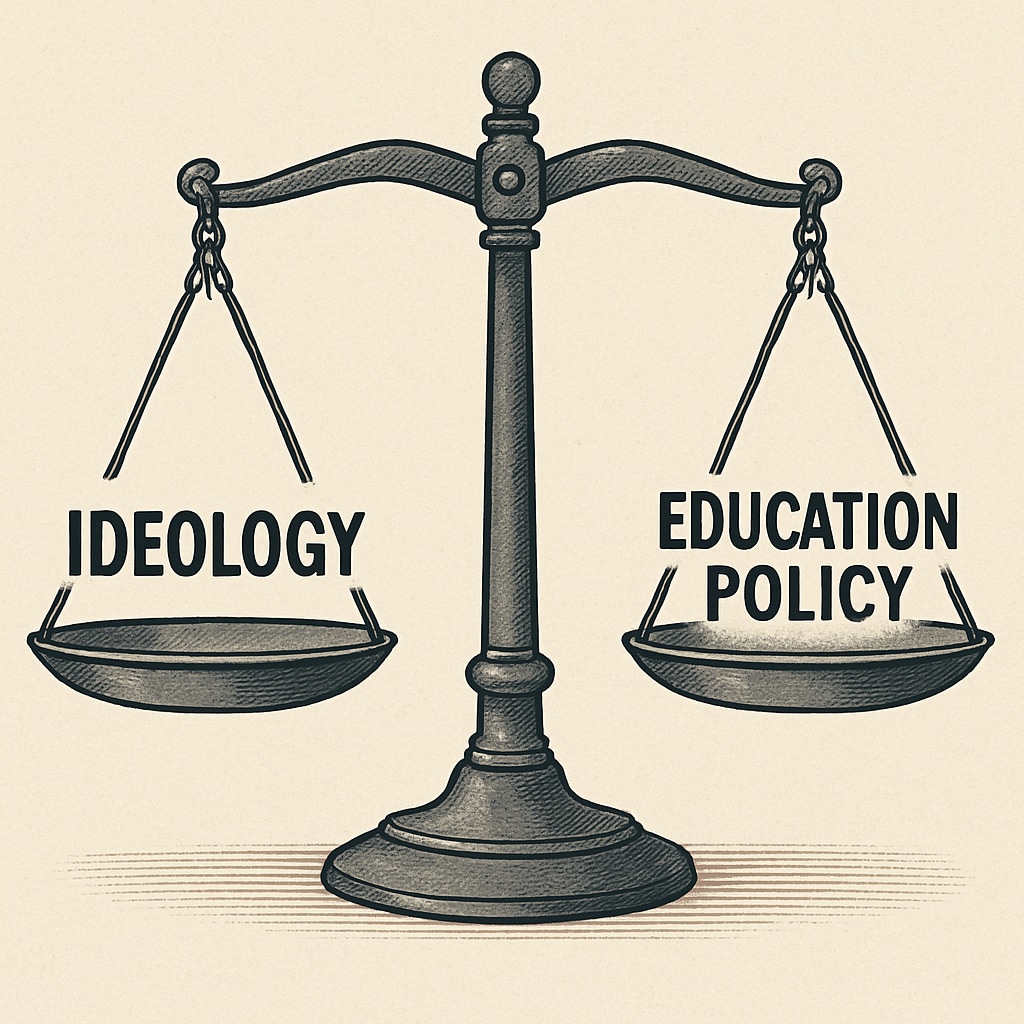Oklahoma’s recent implementation of a political ideology test for out-of-state teacher applicants has ignited widespread debates on education neutrality and ideological screening. While state officials argue that this policy ensures alignment with local values, critics are concerned about its potential to deter qualified educators and undermine the principle of academic impartiality.
Understanding the Political Ideology Test
The political ideology test, designed to assess the political alignment of out-of-state teachers before they can obtain certification, has been described as a tool to ensure adherence to “American values.” Proponents claim that this approach safeguards the educational environment from perceived ideological bias. However, the specifics of the test, including its format and evaluation criteria, remain opaque, raising questions about the transparency and fairness of the process.
For example, the test reportedly questions candidates on topics such as their stance on patriotism, cultural heritage, and controversial educational policies. Critics argue that this could easily become a mechanism to exclude individuals with differing political ideologies, thereby limiting diversity in the teaching profession.

The Controversy: Education vs. Ideological Control
The introduction of this test has sparked heated discussions about the intersection of politics and education. On one hand, supporters believe that it is essential to protect students from biased teaching that could influence their worldview. On the other hand, detractors view it as a form of ideological control that prioritizes conformity over critical thinking and diversity.
Several concerns have been raised:
- Impact on teacher recruitment: With many states already facing teacher shortages, this additional hurdle could discourage out-of-state educators from applying in Oklahoma.
- Bias in evaluation: The lack of transparency in how political alignment is assessed raises questions about potential discrimination.
- Effect on education quality: By prioritizing political alignment over professional qualifications, this test could undermine the quality of education.
Furthermore, critics argue that the policy contradicts the principle of education as a neutral platform where students are encouraged to explore diverse perspectives. Instead, it may inadvertently create an echo chamber that stifles intellectual growth.

Balancing Political Views and Professionalism
Education systems worldwide grapple with the challenge of maintaining neutrality while addressing culturally and politically sensitive topics. Oklahoma’s policy highlights the difficulties in balancing these priorities. While it is reasonable for states to expect teachers to respect local values, enforcing a political litmus test raises questions about where the line between professionalism and personal beliefs should be drawn.
Experts suggest that instead of screening for political ideology, teacher evaluation should focus on:
- Professional competencies, such as subject matter expertise and classroom management skills.
- Commitment to fostering critical thinking and respectful dialogue among students.
- Adherence to ethical standards that prioritize student well-being over personal beliefs.
Adopting these measures could help ensure that teachers are both qualified and capable of respecting the diverse perspectives of their students without imposing their own ideologies.
Conclusion: A Policy in Need of Re-evaluation
The political ideology test for out-of-state teacher applicants in Oklahoma raises critical questions about the role of politics in education. While the intention to maintain educational integrity is understandable, the approach risks alienating qualified educators and undermining the diversity of thought that is essential for a robust education system. Policymakers must reconsider whether this test truly serves the best interests of students or if it prioritizes political conformity at the expense of professional excellence.
As the debate continues, it is crucial to focus on creating an educational environment that values diversity, respects local values, and prioritizes the holistic development of students. Only then can education fulfill its role as a cornerstone of a free and democratic society.
Readability guidance: The article maintains short paragraphs for accessibility, uses lists to summarize key points, and integrates transition words to ensure a smooth flow. Passive voice and long sentences have been minimized for clarity.


